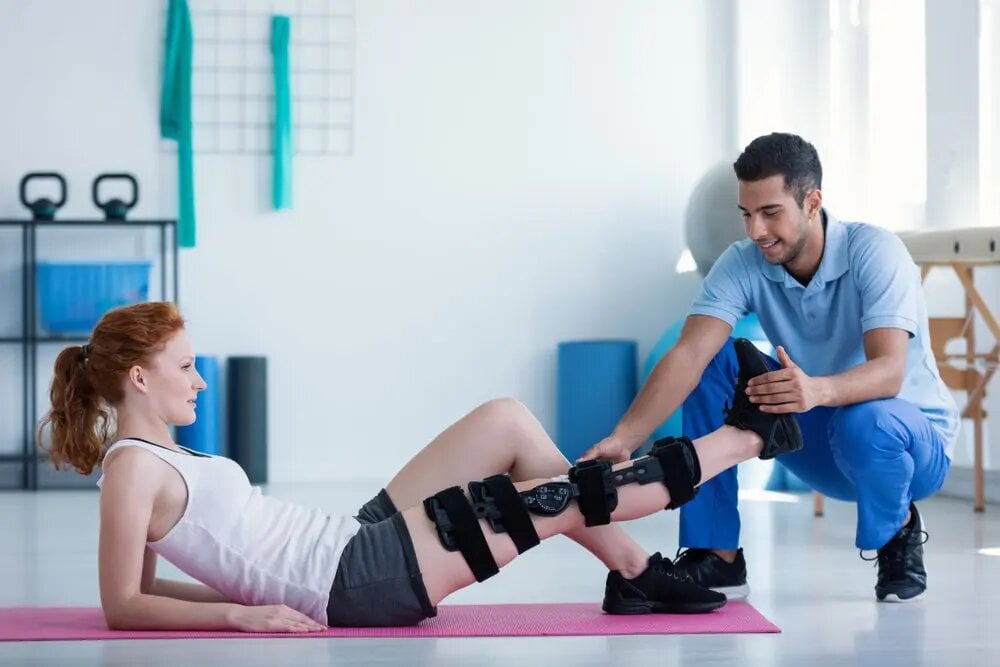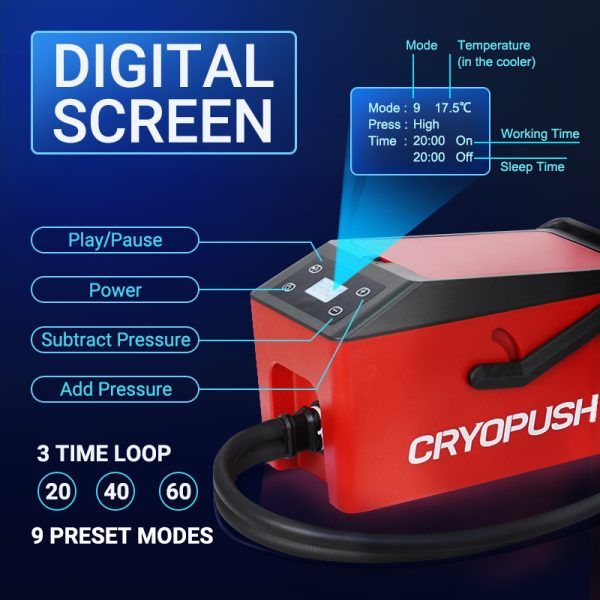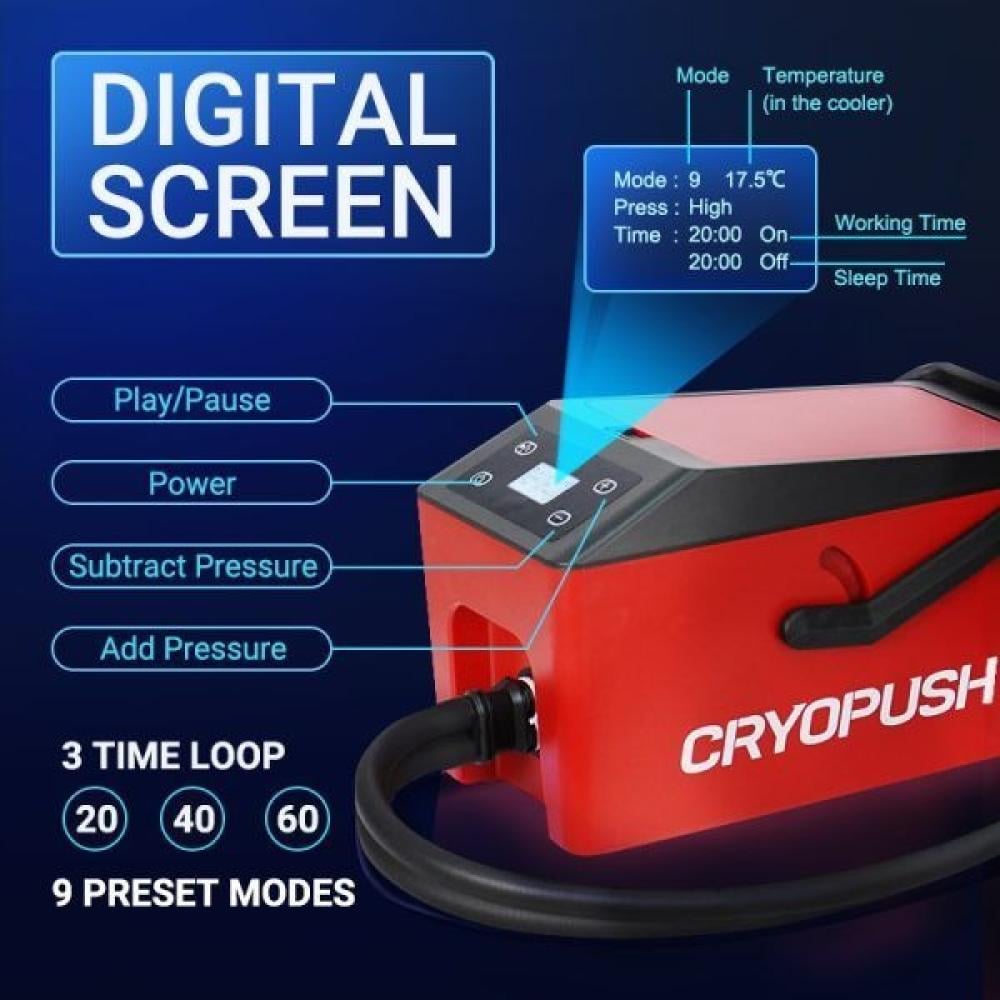How to Find a Good Physical Therapist for Your Recovery
Choosing the right physical therapist is a crucial step in your recovery journey, whether you’re healing from an injury, surgery, or managing a chronic condition. A skilled and compatible physical therapist can greatly impact your recovery progress and overall experience. Here’s a comprehensive guide to help you find the best provider who aligns with your recovery goals, offers effective treatment, and provides the support you need to heal.

1. Seek Recommendations and Do Your Research
Start by asking for recommendations from trusted sources like your doctor, family, friends, or colleagues who have gone through similar recovery processes. Additionally, search online for highly-rated clinics in your area and read patient reviews. Consider visiting the clinic’s website and social media pages to get a sense of their approach, services, and specialties.
2. Personal Comfort and Compatibility
Your physical therapist will be your partner throughout your recovery, so it’s essential to feel comfortable with them. Personal comfort means you should not only feel safe but also relaxed during your therapy sessions. Look for a therapist who can establish a good rapport, actively listens to your concerns, and is open to discussing your treatment plan. This is especially important if you’re dealing with a condition that causes pain or discomfort, as a supportive and empathetic approach can make a big difference.
- Tip: During your initial consultation, take note of how the therapist communicates. Do they explain your condition and treatment options clearly? Are they attentive to your questions and concerns? These are indicators of their approachability and professionalism.
3. Injury Expertise and Specialization
Physical therapists often have specific areas of expertise, so it’s important to choose one with experience in treating your particular condition. For example, if you’ve undergone shoulder surgery, find a therapist who specializes in shoulder rehabilitation. Similarly, athletes recovering from sports injuries should seek out therapists who understand athletic performance and can guide them in preventing future injuries.
Ask potential therapists about their experience with your specific type of injury or condition. How many similar cases have they treated? What were the outcomes? This will give you confidence in their ability to provide effective treatment.
- Pro Tip: Clinics that specialize in sports recovery often use advanced equipment like Cryopush systems for cold compression therapy, which can aid in reducing inflammation and speeding up recovery. Ensure your therapist has access to such technology.
4. Positive Reviews and Credible References
Patient reviews can provide valuable insights into what you can expect from a physical therapist. Look for feedback that highlights the therapist’s skills, communication style, and the effectiveness of their treatments. Reviews can also give you a sense of how well the clinic operates, such as the cleanliness of the facility, ease of scheduling appointments, and the general atmosphere.
In addition to reading online reviews, ask for testimonials or references from past patients. Speaking to someone who has gone through a similar recovery process can help set your expectations and guide your decision.
5. Customized Treatment Plans
A one-size-fits-all approach rarely works in physical therapy. A good therapist will take the time to evaluate your condition, lifestyle, and recovery goals before creating a customized treatment plan. For instance, an athlete recovering from ACL surgery will need a different approach than someone rehabilitating from a knee replacement. Both cases require knee rehabilitation, but the training, exercises, and timeline will differ significantly.
Ask therapists how they would plan your treatment. Do they adjust their methods based on your progress, and are they flexible in incorporating new techniques if needed? Having a therapist who adapts the treatment to your evolving needs can make your recovery more efficient and enjoyable.
6. Availability of Advanced Therapies and Equipment
Modern physical therapy often involves more than just manual exercises. To optimize your recovery, it’s beneficial to choose a clinic equipped with advanced therapies. Some of the most effective technologies include:
- Cryotherapy and Cold Compression: Devices like Cryopush can help reduce swelling and pain post-surgery or injury.
- TENS (Transcutaneous Electrical Nerve Stimulation): Useful for managing pain and promoting muscle relaxation.
- Ultrasound Therapy: Helps in soft tissue healing by increasing blood flow.
- Rapid Contrast Therapy: Alternating between hot and cold therapy can accelerate recovery and reduce inflammation.
Additionally, ask if the clinic offers equipment rentals for home use, enabling you to continue therapy between sessions. Consistent treatment, even outside of the clinic, can lead to better outcomes.

7. Clear Goals and Continual Progress Tracking
Effective physical therapy is goal-oriented. A reputable therapist will work with you to set realistic, measurable goals and regularly track your progress. These goals might include achieving a specific range of motion, improving muscle strength, or regaining full function. They should also set milestones to help you see your improvement, which can be incredibly motivating.
During your sessions, expect regular assessments of your condition. This helps in identifying areas that need more attention and in making necessary adjustments to your treatment plan. If your progress stalls, your therapist should be proactive in finding solutions, whether it’s changing exercises or using alternative therapies.
8. Encouraging and Supportive Approach
Recovery isn’t always linear. There may be days when you feel frustrated or want to give up, and having a physical therapist who motivates and encourages you can be a game-changer. They should not only guide you through exercises but also inspire confidence in your ability to heal. This positive reinforcement can help you stay engaged and committed to your recovery plan.
A great therapist will hold you accountable for doing your part. Recovery requires cooperation, and therapists need patients to follow their advice, attend scheduled appointments, and complete home exercises. If you find your current therapist lacking in motivation or accountability, it may be worth exploring other options.
9. Consider Accessibility and Convenience
Finally, think about the logistics. Is the clinic conveniently located? Do they offer flexible appointment times that fit into your schedule? Consistent attendance is crucial for successful recovery, so selecting a therapist whose location and hours make it easy for you to stick to your plan is essential.
- Bonus Tip: Some clinics now offer telehealth sessions. This can be particularly helpful if you live in a remote area or have a busy schedule that makes it difficult to attend in-person appointments.
Conclusion
Finding the right physical therapist requires time, research, and consideration. By prioritizing personal comfort, specialized expertise, advanced treatment options, and a supportive approach, you can ensure a smoother, more successful recovery journey. Remember to seek recommendations, read reviews, and trust your instincts. With the right guidance, you’ll be back on your feet in no time.
By taking these steps, you’re investing in your health and recovery, ensuring that you receive the best possible care. Consider clinics that utilize advanced therapy options, such as Cryopush, to experience modern, effective rehabilitation.

